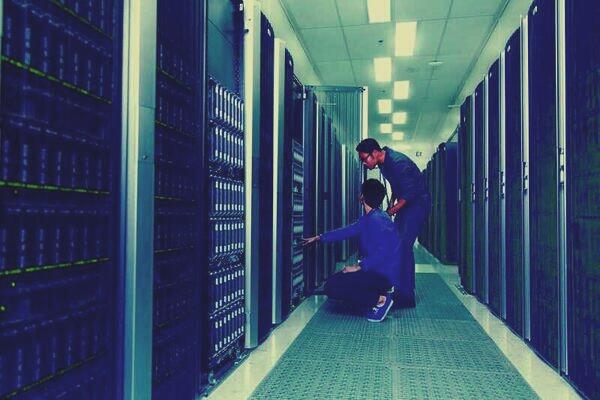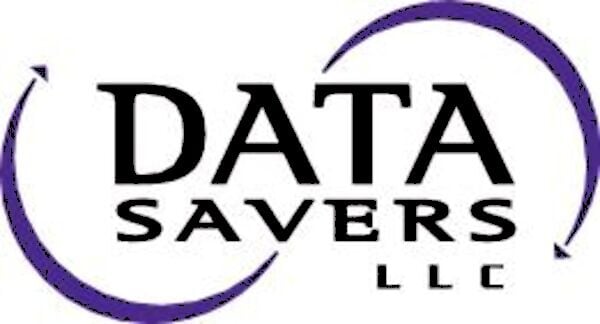For nearly twenty years, the Data Savers LLC team has been recovering data from hard disk drives (HDD), solid state drives (SSD), and the various RAID systems that utilize these drives. RAID 6 data recovery is a complex procedure, but the data recovery professionals at Data Savers LLC are up to the challenge!
Data Savers LLC has not stuck around for so long by coincidence. Our data recovery lab has one of the highest success rates in the industry. Data Savers LLC is so successful due to two primary factors.
The first, is that we utilize proprietary hardware and software that is extremely effective at reading data from heavily damaged media.
The second is one word that encompasses years of effort, experience. The Data Savers LLC team has engineers who were troubleshooting problems with electronic data storage devices before RAID was even invented.

There are computer repair services around the world where technicians understand the principles of data recovery. However, depending on your specific issue, these shops may never have actually attempted data recovery from a device experiencing that particular problem. Unless your situation is profoundly uncommon, the experienced technicians at Data Savers LLC have likely successfully recovered data from something similar for a previous client. This hands on experience is extremely valuable when conducting RAID data recovery. As you may already know, the underlying concepts behind RAID storage technology are complex. Less skilled technicians may be capable of recovering data from a hard disk drive with light damage. However, recovering data from a RAID appliance is another matter entirely.
What is RAID 6?
RAID 6 storage systems are complex electronic data storage appliances that offer a number of advantages and disadvantages. RAID 6 is a configuration that offers fault tolerance in the event of one or two drives failing. This fault tolerance is provided by a concept known as double distributed parity. RAID 6 also offers improvements in speed when reading data from the array. This benefit comes from the system’s capacity for parallel access, where a computer reading from the RAID 6 device can access data from multiple drives at the same time.
There is an immense variety to the devices that can accurately use the acronym RAID (redundant array of independent disks). Two hard drives connected to a software RAID controller configured to write stripes of data to both drives would be a RAID 0 config. Two hundred drives in a data center could also be used in RAID storage, and they would most likely be configured in RAID 5, RAID 6, or RAID 10. RAID 6 configurations have the minimum requirement of at least four hard drives, and often utilize 6, 8, or more drives.
RAID 5 vs RAID 6
There are several similarities between the RAID 5 configuration and that of RAID 6. For the purposes of this article, these similarities are unimportant. The differences however, are of great significance. A key difference between the two is that RAID 6 systems employ twice as much parity data as RAID 5 storage. This enable the array to continue functioning in the event that two hard drives fail. RAID 5 systems are only capable of losing a single hard drive before the entire system goes offline. Having the fault tolerance to account for losing two drives is valuable for businesses or individuals that would incur significant costs from extended downtime.
The additional fault tolerance offered by RAID 6 does not come without cost. Writing data will take longer than it would with RAID 5, owing to the need to compute and distribute the additional parity data. This parity data also necessitates using an additional hard drive to hold the same amount of data as an equivalent RAID 5 appliance.
Request an Estimate for RAID Data Recovery!

RAID 6 Data Recovery Conclusion
If you or your business has suffered a RAID 6 disk failure, you can rest assured that the Data Savers LLC team will do anything in our power to restore the data from your RAID system. We even offer an expedited ‘urgent priority’ data recovery service where our engineers will work after-hours during the week, as well as weekends, to restore your data as soon as possible. Regardless of how quickly you need your data back, Data Savers LLC is your best option for RAID 6 data recovery.
